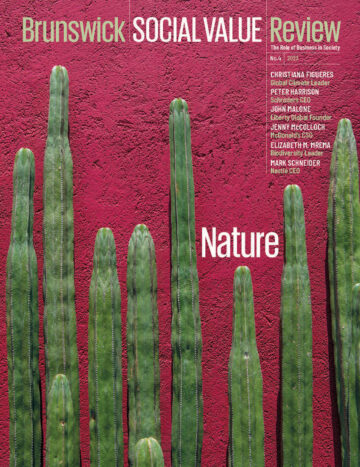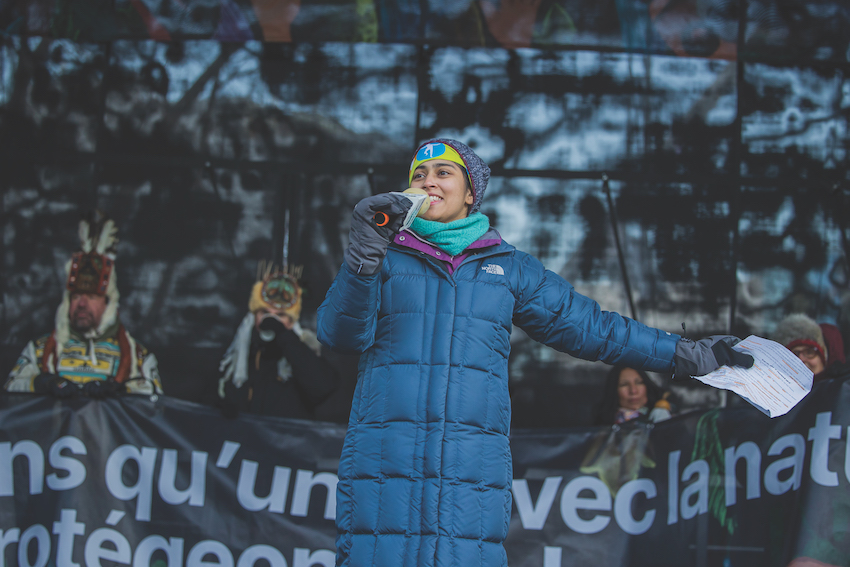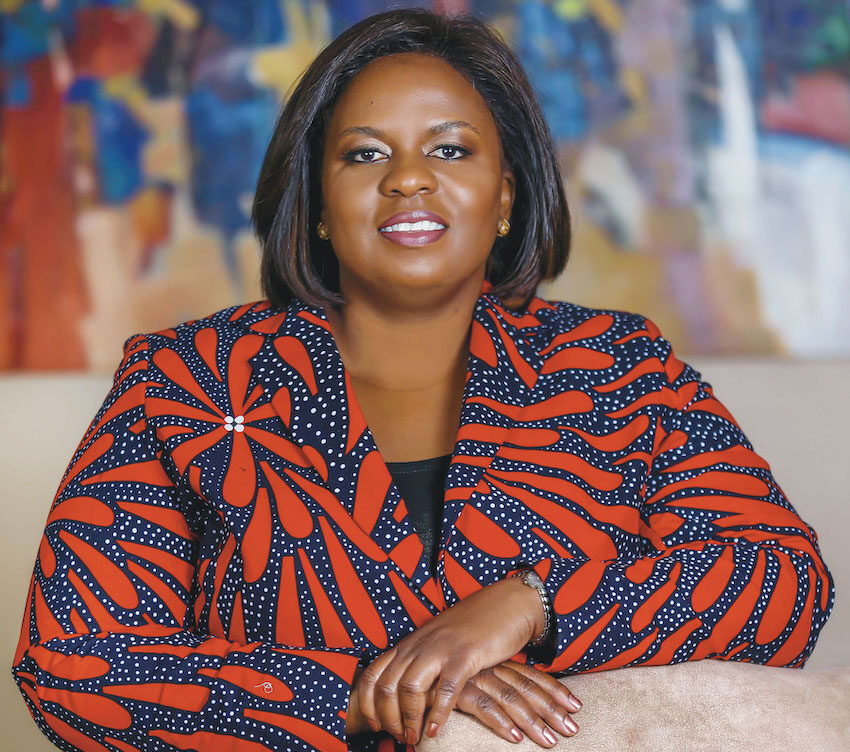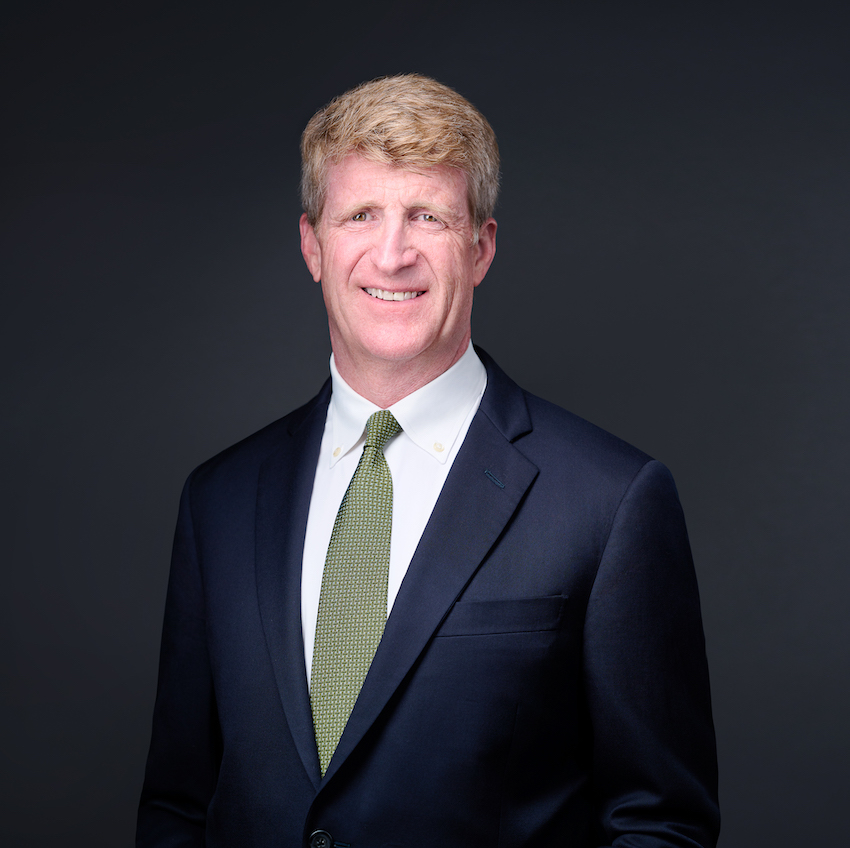A leader of the Global Youth Biodiversity Network, Swetha Stotra Bhashyam says business around the world needs to listen to young people and respond.
As an undergraduate in India, Swetha Stotra Bhashyam was terrified when she learned about the threats of climate change. “I was like, ‘I need to do everything I can to stop it,’” she recalls. “I stopped eating any meat. I stopped using paper. In my college, I would use secondhand printed paper.
“As I learned more, I realized that it is not me as an individual causing the problem. It is the consumption factors in the Global North. One US person consumes as much as seven people in India. One European consumes as much as four people in India.”
Stotra Bhashyam has two master’s degrees, in Wildlife Biology from the National Center for Biological Sciences in Bangalore, and in Zoology from Osmania University in Hyderabad. Since college, she has worked to mobilize young people around the world to help preserve the planet’s biodiversity. One of her key roles is acting as the Global South Focal Point at the Global Youth Biodiversity Network, a platform that seeks to educate about the threat of biodiversity loss and advocate for change. The network has representatives in 140 countries, who typically run local chapters.
On environmental, climate and civil-rights fronts, young people expect a lot out of their corporate leaders. The most connected generation ever, they can organize a protest in less time than a New York commute. Young people are driving a turnabout of decades-old declines in union membership. Young people are flexing their muscle.
A number of factors are at play. First, with labor markets tightening around the world, companies are engaged in a so-called “war for talent” with young, skilled workers in high demand. On the other side of the equation, the younger generation are an increasingly influential consumer group, especially in developing nations like Nigeria, where 70% of the population is under 30. At the same time, age has become a major predictor of political and cultural preferences, and for the “Greta Generation” polling suggests environmental concerns are key. According to a new survey from KPMG, one-third of young people in the UK have rejected a job over employers’ weak ESG credentials, and social media enables easy sharing of these values around the world.
At the COP15 conference on biodiversity that took place in Montreal in November, Brunswick’s Joseph Doyle interviewed Stotra Bhashyam on what business can learn from the world’s youth as well as from indigenous communities.
“About 80% of the world’s biodiversity is protected by land that is owned by indigenous communities.”
What are the priorities of the Global Youth Biodiversity Network?
The youth in our chapters on the ground had thousands of conversations with young people around the world. Their aim was to find out, “What do they think is needed for a future in harmony with nature? What are some of the key priorities?”
We came up with three large priorities. First, intergenerational equity, or equity within and between generations. To bend the curve of biodiversity loss, you have to bend the curve of inequality.
Second, meaningful youth participation, and by meaningful, we mean it has impact that is tracked.
Third is education. Both the climate and the biodiversity crisis are driven by the values and behaviors and priorities we have as a community. Our entire lifestyle needs to change. Our mindsets need to change. Our perspective of what is a good life needs to change. And that can only happen if education changes. And that’s why, for us, education is a key thing that young people are pushing for and very few others here at the COP are pushing for.
What is the role of business in the nature crisis?
First, businesses need to acknowledge the loss that they have created. They need to be honest about the cause and take ownership of it. That would be a great first step: for young people to see somebody taking ownership where nobody really wants to.
After that, it’s about saying “OK, moving forward from what has happened, how do we change?” To take that step, it’s important that businesses develop a dialogue with grassroot communities, indigenous people, women and youth. It’s critical to ask those communities directly how businesses can do better, listen to them, and give them time. I know businesses that have engaged youth, genuinely want young people there, but don’t have time for them.
After listening, business needs to follow up. If we tell you your company really needs to cut down on plastic consumption, and you agree, the next meeting tell us what you did about it.
It’s not about having all the answers—we know these are big challenges. It’s about saying “OK, this is what you said. This is how much we think we can move forward with. This is still a challenge for us, but we are trying in these ways.” That open dialogue would give us hope that you are not just engaging us for some classic tokenism or “youth washing,” but genuinely want to do something better.
One tangible approach I’ve seen work is businesses bringing in young people as advisors. These advisors should not be employees, because employees don’t have the same liberty as someone with an outside perspective to say what’s wrong. As employees, by the way, young people don’t want to work for a company that’s part of the problem. You can’t just throw money at them to get them to work for you. For them, it’s about the planet, too.
To be clear, putting the advice from young people to work might mean lower profits.
Why should businesses form relationships with indigenous communities?
About 80% of the world’s biodiversity is protected by land that is owned by indigenous communities. With the very little land that they own, they have protected most of the world’s biodiversity. That means if we want to solve this crisis, business must let them be and stop extracting from their land.
Also, indigenous people have a long and ongoing relationship with nature, and there is a power that comes from being connected to the Earth, a wisdom that comes from being connected to the land you’ve lived on for generations. The world needs that wisdom. They have a vision of the good life that our modern society has lost. They have a sense of connection to animals, to their communities, to the planet. They have different priorities. They show us you can have a happy life even without money.
—
Joseph Doyle is an Associate with Brunswick’s Business & Society team in London and Contributing Editor for the Brunswick Social Value Review: Nature Edition.
More from this issue

Nature Positive
Most read from this issue

Expectations of Youth



